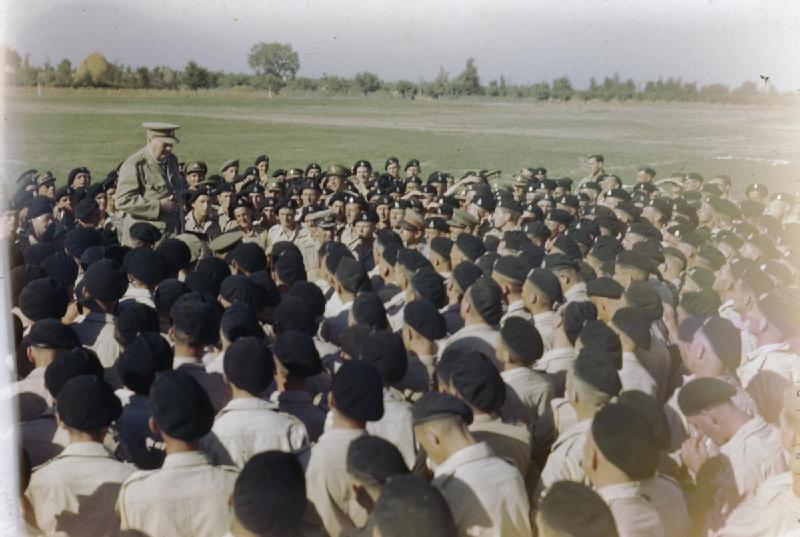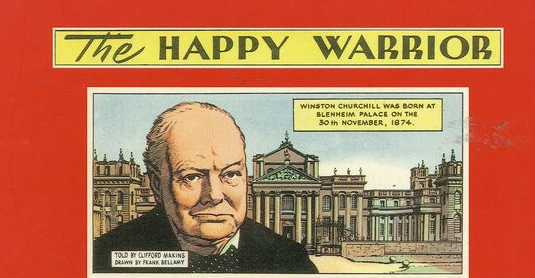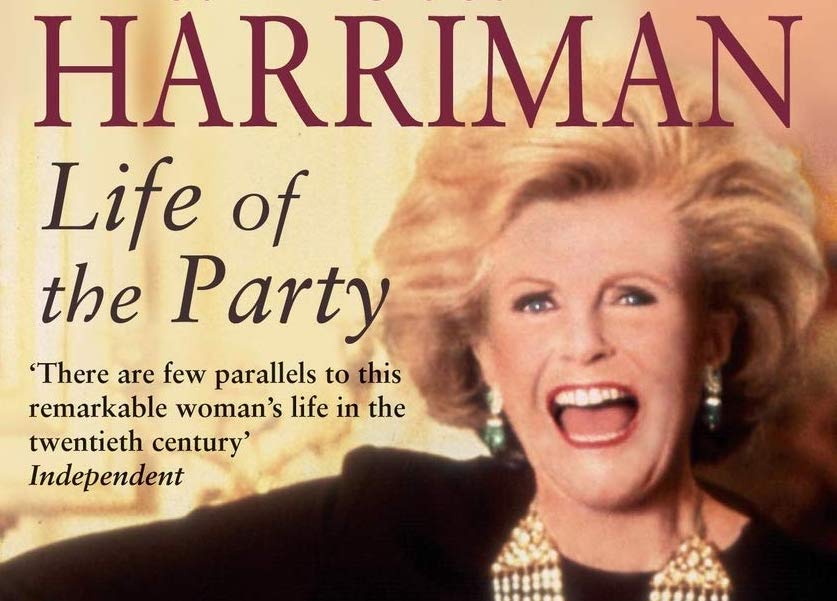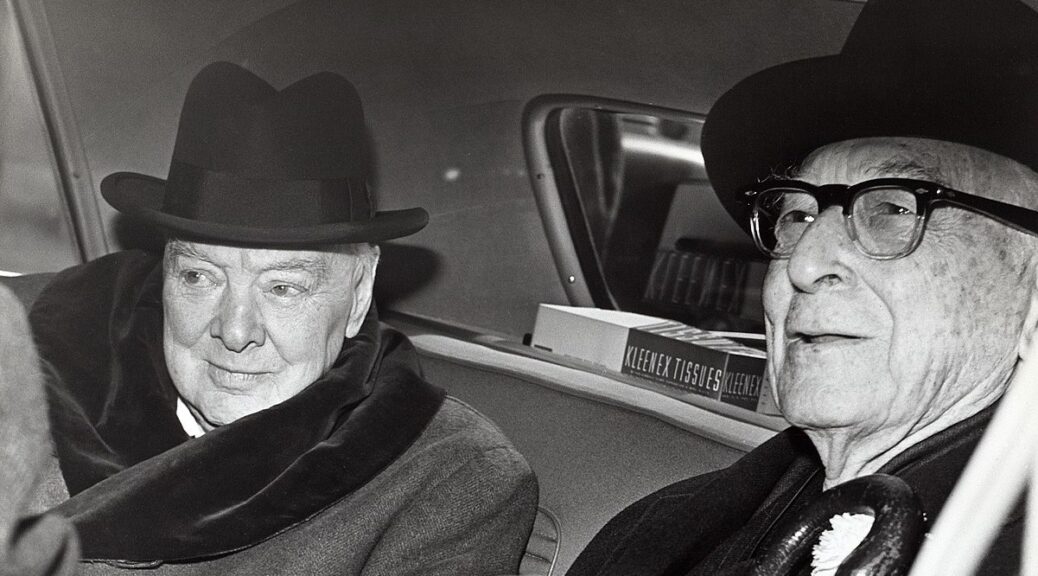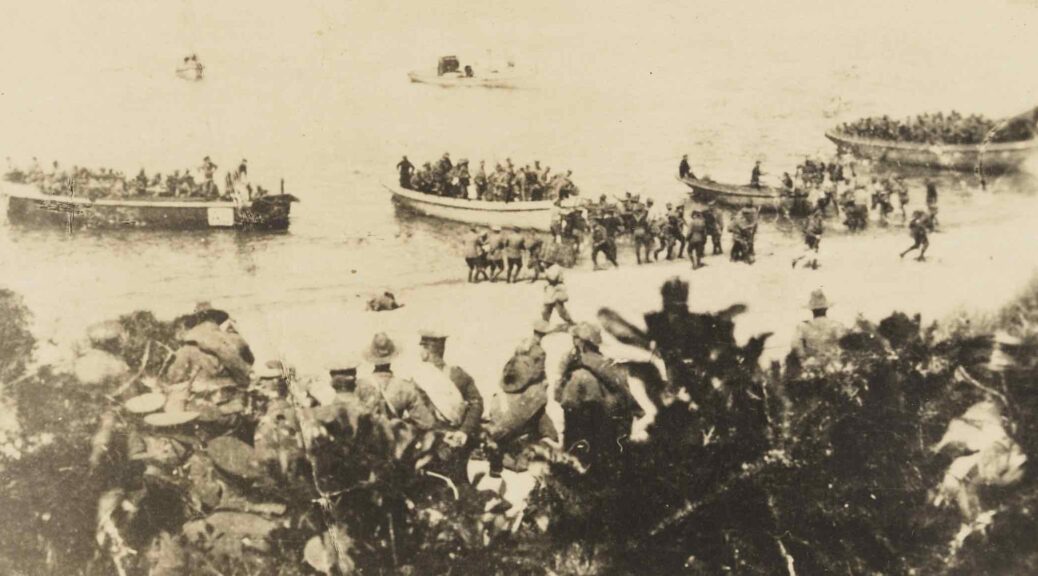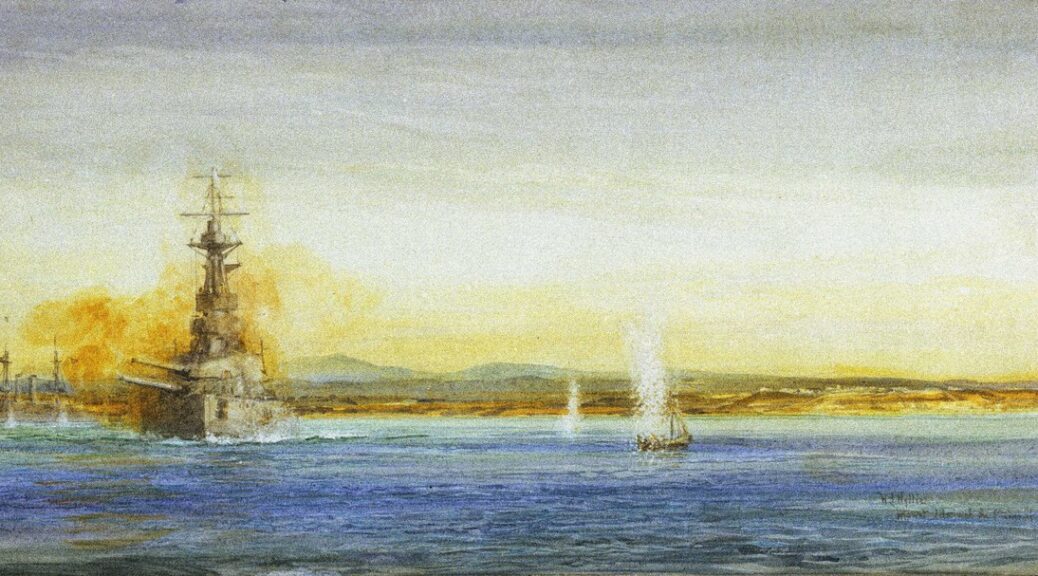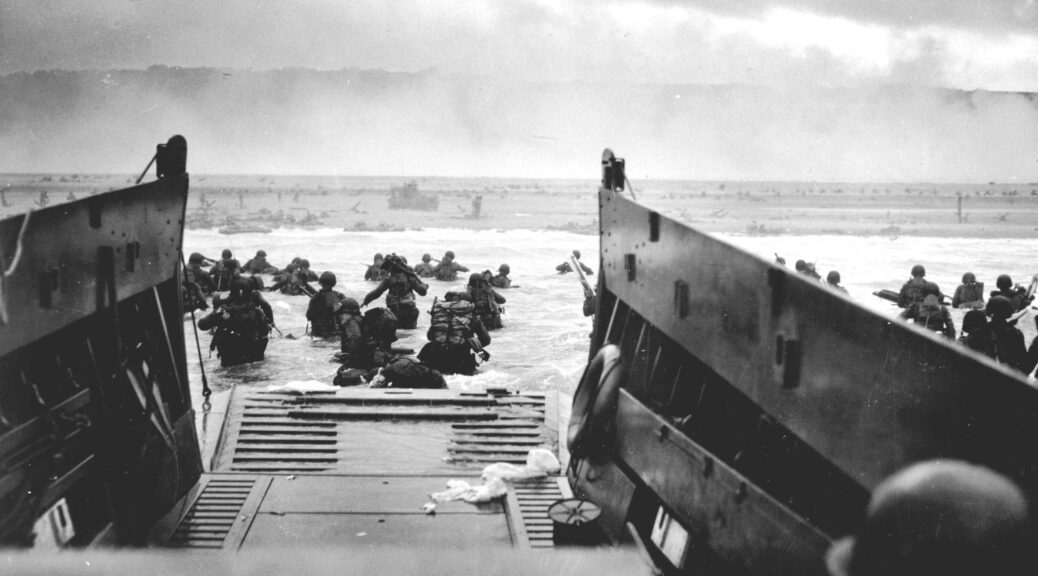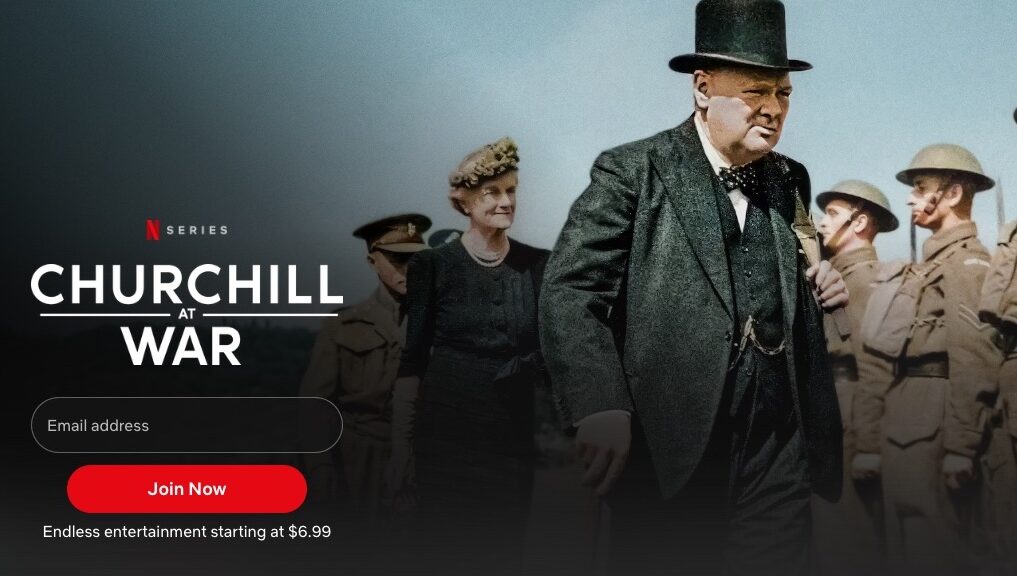
Reviewing Netflix’s Churchill: The Things We Do for England…
There’s a way to derive a mostly correct picture of the man from this show: ignore Part 1. The other three parts also suffer from occasional forays into fiction. But they are more accurate, with honest dialogue, well-chosen quotations and spectacular footage, much of it freshly colorized. Kudos to Andrew Roberts, Jon Meacham, Allen Packwood and Catherine Katz for keeping it on track, and to Lord Roberts for his eloquent finale.
